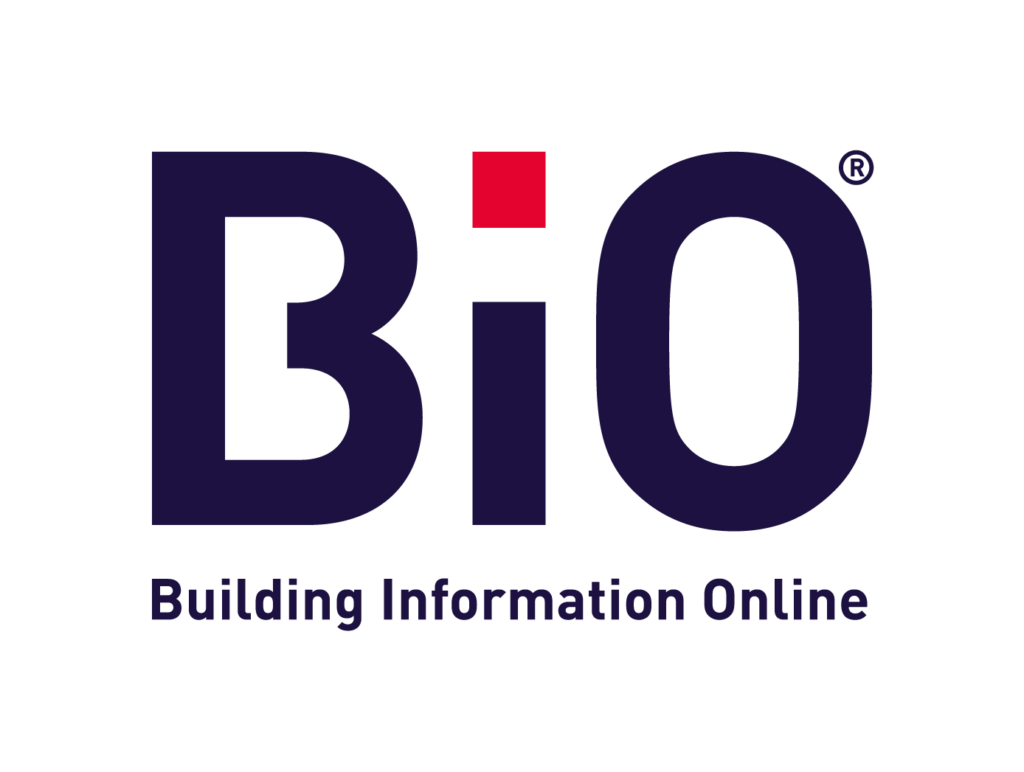
Introduction
Meet Andrew Wood, or ‘Woody’ as he’s known to us at DMA, a dedicated leader at the helm of DMA with over three decades of experience. With a solid foundation in Economics from Warwick University and chartered accountancy at Price Waterhouse, Woody’s career in the built environment has been marked by notable roles in various companies. Since joining DMA in 2013, his leadership has driven the company towards innovation and excellence.
Woody is not just a financial expert, he’s a passionate advocate for building great teams and fostering collaboration. Outside of work, he balances his professional life with family time and sports like snowboarding and weightlifting.
We recently had the pleasure of sitting down with Woody to talk about his experiences, motivations, and perspectives. Read on to discover more about the person behind the role and the principles guiding his work ethic.
Q. What do you think makes a good leader?
A. Humility is key, along with strong character. A good balance of IQ and EQ plays a big role too. In my opinion, these are the most important personal traits of a leader.
On the professional side, understanding people, process, and technology is crucial. Excelling in these areas is important for effective leadership in most industries. Plus, a good leader should set an inspiring vision for the future and get others excited about it. Building a strong team that can deliver results is also essential.
Q. Do you consider yourself a good leader?
A. We all have our strengths and weaknesses, right? Sometimes I’m not at my best, and during those times, I don’t perform as well as I’d like. But when I’m on my game, I believe I’m a good leader. You can’t be perfect all the time. Trying to be something I’m not would just be fake. Consistency is key, and I’m always true to myself.
Q. What do you think your best quality is?
A. The way I was raised taught me humility. In our industry I think this is valued. I believe no one is better than anyone else; we should all just focus on doing our jobs and working together harmoniously. This mindset was a crucial lesson from my upbringing. As my dear old nan used to say, “everyone’s got a hole in their bum.”
Q. What single thing do you think would make your job easier?
A. For us at DMA now, I think it’s time. We’ve got a fantastic team, and we need some time to let our technology, processes, and expertise fully sync up. Managing the business by exception is key for us because it lets us use the strong foundation we’ve built for scalability. This approach will simplify my job and everyone else’s in the business.
If I had a magic wand to speed something up, it would be training. We’ve developed technology incredibly fast and keeping our training current has been a big challenge. We’re always playing catch-up so the magic wand would accelerate us towards managing by exception.
Maintenance, which often seems simple, is actually one of the most complex tasks I’ve run into. It involves millions of transactions that need to be managed by systems and people working seamlessly together. These processes need to be under control and aimed at top-notch customer service and maximum efficiency. Without proper systems, you risk drowning in data and getting overwhelmed by the sheer volume of tasks. This can lead to overstaffing, which stifles profitability, or poor execution, which compromises quality.
Managing by exception is where we strike gold — stellar customer service, efficiency and a strong financial covenant — because it simplifies complex operations.
Q. What do you consider to be the biggest challenge in business right now?
A. In the context of DMA, I think our biggest challenge is people. We’ve got exceptional people at all levels, but not every new recruit fits in perfectly with DMA. Success in our team boils down to two main traits: character and capability. While you can learn and improve skills through training, character is innate.
For us, the skills shortage often feels more like a character shortage. Given DMA’s unique approach, we must always train new colleagues no matter their past experience. But finding the right character? That’s more challenging.
Living our values at DMA means respecting others, excelling in teamwork, and consistently delivering quality. These qualities define character and behaviour. Sadly, traditional interviews aren’t great for assessing this. Interviews can be almost as random as picking a name out of a hat when it comes to predicting character fit. While our experienced engineers can soundly judge technical skills, assessing character only really happens once someone has settled into the team.
As long as we keep hiring, luck plays a part. Our focus is therefore on the growth and development of the people we have now, to ensure we retain their talent and maximise our collective efficiency.
Q. Which book do you think every business leader should read at least once?
A. There are plenty of good books out there, but I really recommend “The Five Dysfunctions of a Team” by Patrick Lencioni. It’s a business book written like a novel, offering practical tips for building a team. It starts with trust, which is the foundation of Lencioni’s pyramid, and gives actionable steps and exercises for building trust. It’s a fantastic resource.
About 11 years ago, I was on holiday with my family. When I returned, I was about to start my new role as CEO here at DMA. Before that, I had been the finance director and was worried about the transition.
So during my holiday, I read “The Five Dysfunctions of a Team” and “Leadership Plain and Simple” by Steve Radcliffe. Reading these really calmed me down. They gave me a clear, practical roadmap for building the leadership team when I got back, and for that, I’m really grateful.
Q. What was your first job?
A. I was 16 and had two jobs. I had a paper round and also worked as a cleaner at British Home Stores.
Q. What was your worst job?
A. I was selling Devon and Cornwall timeshares on the streets of Bristol. I was 19 and did it for a summer. It was tough given my inexperience with sales and the rough reception I often received! It was a terrible job—truly terrible.
Q. What advice would you give to your 18-year-old self?
A. I’d say, cheer up, mate. You might think you’re ugly, but trust me, it only gets worse [laughs]. But on a serious note, don’t sweat the small stuff. Don’t take things personally; imposter syndrome will pass eventually. A big part of it comes from feeling like you’re at the foot of a mountain, overwhelmed by all the stuff you don’t know. Be humble and focus on the power of the team.
Q. What’s something someone once said to you that you still remember to this day?
A. I’d finished with Price Waterhouse without a plan, so I did a year with Reed Accountancy in Bristol. I was lamenting to Sue the Manager one day that I wasn’t hitting my cold call targets and Sue said to me “That’s because you talk too much”. A brutal truth that I will always remember.
Q. What excites you most about your current role?
A. It’s truly an amazing place here, but it’s the people I work with who make it special. Without them, I don’t know where I’d be. They give me energy and inspire me in countless ways to be my best self. Everyone works incredibly hard and excels at what they do, despite their own challenges.. They are what get me out of bed in the morning.
Q. What do you do to protect yourself against burnout?
A. I’m lucky as burnout has never been a thing for me. I do maintain a semblance of a work-life balance, but I work long hours because I enjoy it. Everyone has their own cadence though, and its crucial to wellbeing that you support their balance. It’s really quite obvious but results are always better when people are happy and healthy at work.



